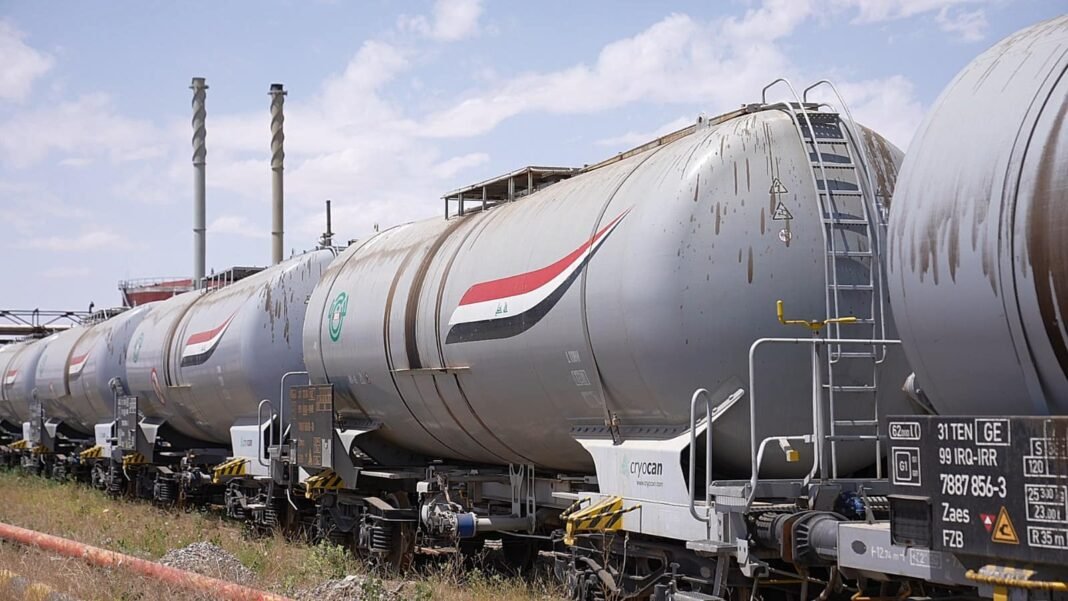Iraq secured the position of the second-largest producer among OPEC oil producers in August 2025, according to the latest data released by the organization. Iraq’s oil output reached 4.015 million barrels per day (bpd), underscoring its vital role in global energy supply.
Saudi Arabia maintained its place at the top of the OPEC oil producers list with 9.709 million bpd. The United Arab Emirates followed Iraq in third place with 3.255 million bpd, while Iran produced 3.218 million bpd. Kuwait ranked fifth with 2.492 million bpd.
Other OPEC members recorded lower production levels. Nigeria reported 1.549 million bpd, Libya 1.299 million bpd, Algeria 940,000 bpd, Venezuela 936,000 bpd, and Congo 259,000 bpd. The report highlighted that total OPEC oil production remained stable, though differences in capacity and policy created gaps between member states.
The strong performance of Iraq reinforces its status as a central player among OPEC oil producers. Officials in Baghdad continue to rely heavily on crude exports, which account for the majority of state revenue. The consistent production levels also reflect Iraq’s ability to balance domestic needs with international commitments.
At the same time, the International Energy Agency (IEA) issued a warning about global energy supply risks. The IEA projected a sharp decline in oil and gas output from mature fields worldwide. Without new investment, global oil production could shrink by 5.5 million bpd each year—equivalent to the combined output of Brazil and Norway. This decline equals about 8 percent annually over the next decade.
For natural gas, the IEA estimated a yearly drop of 9 percent without investment, or around 270 billion cubic meters, equal to Africa’s current total production. The agency stressed that fresh capital is needed not only to expand supply but also to maintain existing production levels.
Iraq’s 4.015 million bpd shows that despite global challenges, it remains one of the most influential OPEC oil producers. As investment needs grow, Iraq’s role in sustaining stable output will be critical to both regional and global energy security.


